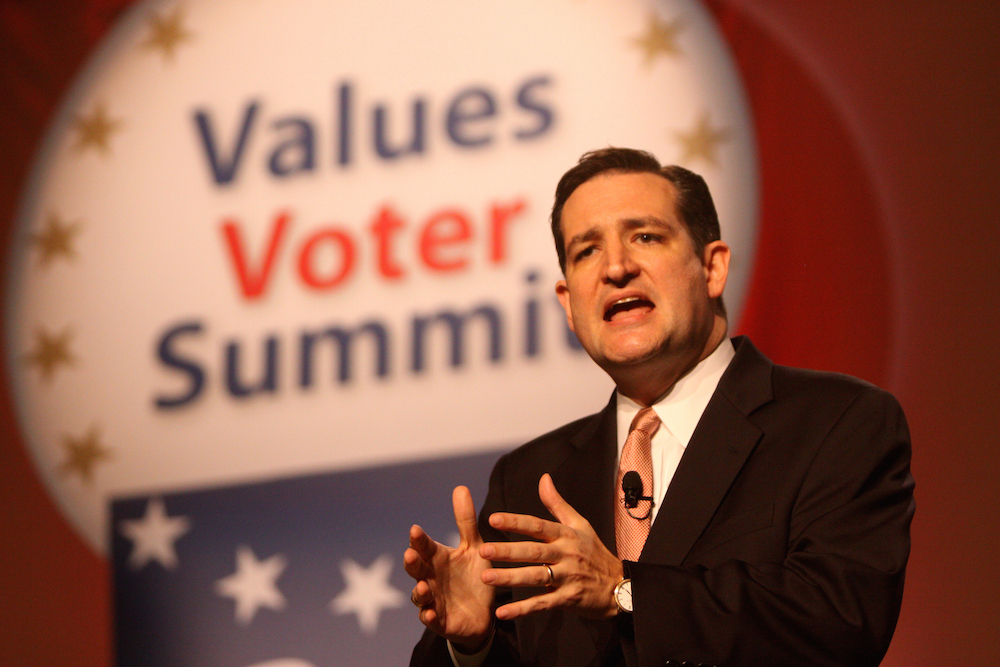It is a well-known story: The Religious Right first galvanized around Ronald Reagan in 1980. Their ascent was over by 1988, when Pat Robertson’s failed campaign divided its constituency and the Moral Majority was dissolved. But the obituary was premature. Robertson’s campaign rose from the grave as the Christian Coalition, which handed out over 30 million voter guides to help usher in a Republican Congress and Newt Gingrich’s “Contract with America,” securing the Religious Right’s influence on the American political landscape for at least the next decade. George W. Bush (in)famously made evangelicals central to his campaign in 2000 and 2004; by the time his tenure was complete, the “Religious Right” had morphed into “social conservatism” and stories of its demise began reappearing, thanks to the ascendance of Barack Obama and a hopeful media obsession with the moderatish, rapidly maturing “young evangelicals.” In both 2008 and 2012, social conservatives were too divided to do much more than give Huckabee and Santorum the appearance of being serious contenders without any of the substance. In the years since, the stream of stories about the end of the religious right has became a flood, thanks in part the resolution of the gay rights marriage dispute in Obergefell.
Login to read more
Sign in or create a free account to access Subscriber-only content.
Topics:
